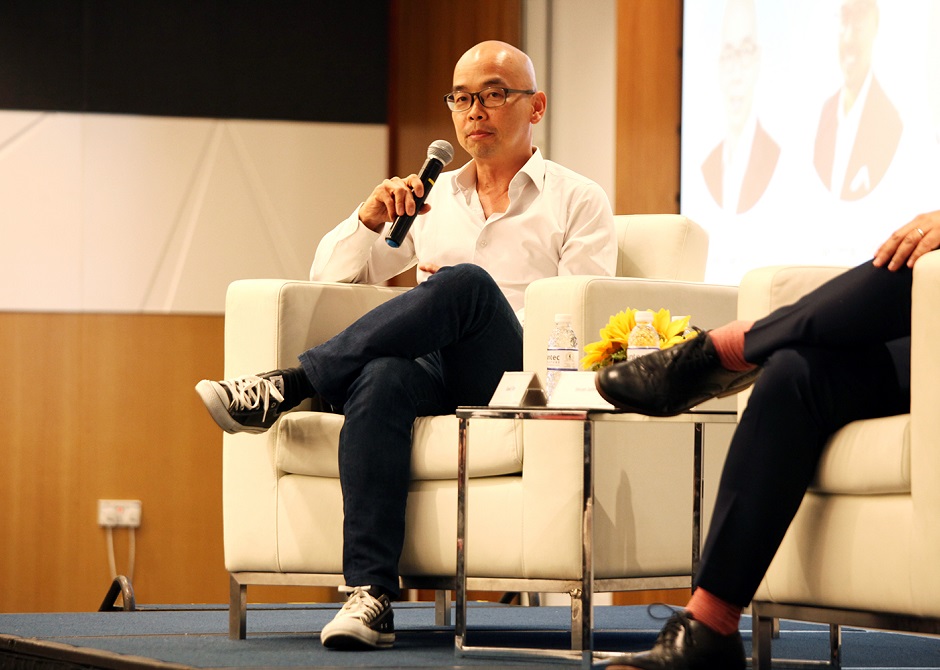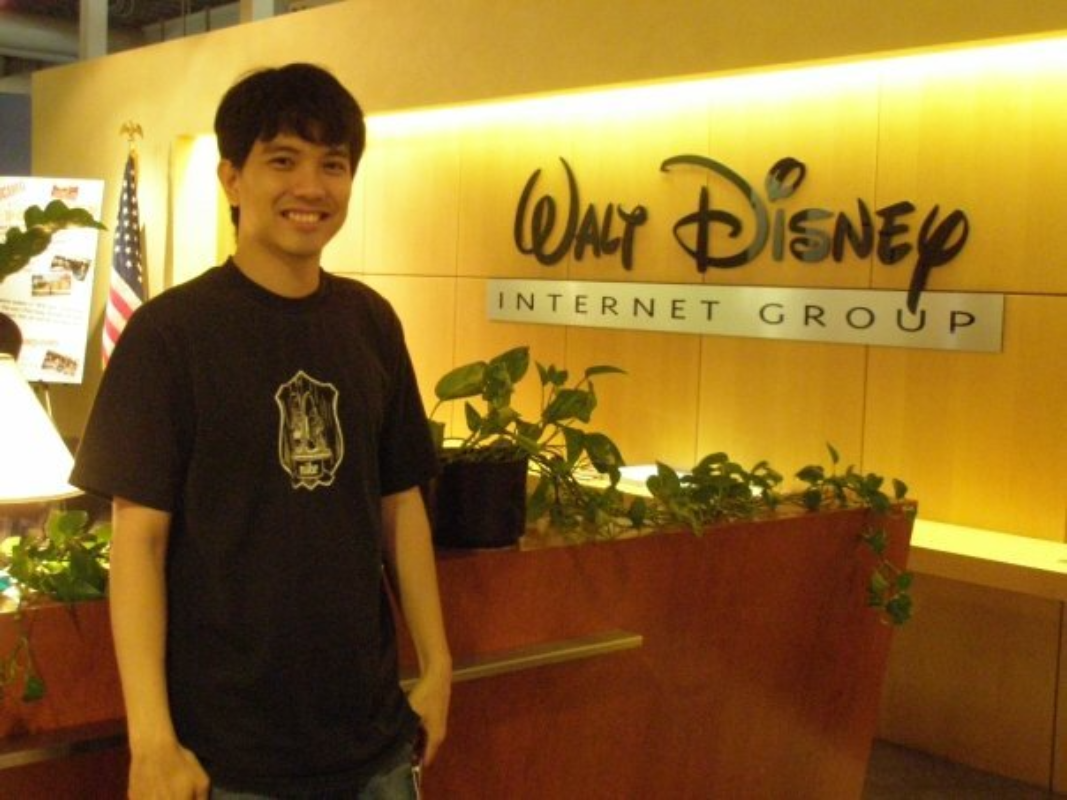Try answering these questions:
1. Who is more likely to thrive in investment banking: an Ivy League university graduate, or a telephone salesman?
2. Who is more likely to win a global computing contest organised by the Massachusetts Institute of Technology: a computing degree holder, or someone who picked it up for fun?
3. What should one major in, in order to be a founder of a successful start-up?
We posed them to Mr David Toh, Chief Technology Officer of Nanyang Technological University’s tech transfer and startup incubator, NTUitive. Here’s what you need to know about him: He’s studied at some of the top schools in Singapore and the United States. He completed degrees in Materials Science & Engineering and Government & Asian Studies from Cornell University at the same time. He’s had a two-decade banking career, funding technology companies. So he knows a thing or two about academic qualifications, and how far they can get you.
“They only matter when you are getting your first job,” he says without hesitation. “Any business person will tell you that.”
So would the Ivy League university graduate who interviewed at David’s former company. This individual had a stellar CV—straight As, co-curricular activities, the whole nine yards. But during the interview, this candidate expressed concerns about working long hours, and the kind of title he would get. He got the job anyway, but lost it after a year. And the telephone salesman? He emerged as one of the top performers in the company. “Very street-smart,” David recalls. “The kind that can sell refrigerators to eskimos.”
The bottom line, it turns out, is that it isn’t qualifications, but skills that matter in the long run. And skills can be picked up at any time, if you have the right attitude and passion. This is why, David points out, global computing challenges organised by MIT are routinely won by people outside the United States who are self-taught. “Just because you’re trained as an economist, doesn’t mean you must practice economics.” David himself is a case in point. Though trained as an engineer, he left his first job after two years to pursue an opportunity in the finance industry. At the time, his employer questioned his wisdom. “You have no MBA, ACCA, CPA, finance or accounting background,” he recalls them saying. But David had already been quietly preparing for the move by studying finance on his own for a year. He made the leap successfully, and never looked back.
In the start-up arena, academic achievements may matter even less. In his 20 years as an angel investor, David has never once asked anyone who approached him for money, “where did you study?” David himself may have a stack of solid credentials, but he’ll only seriously consider “start-up founders who identified a problem, put together a team, and have a strategy to solve it.”






